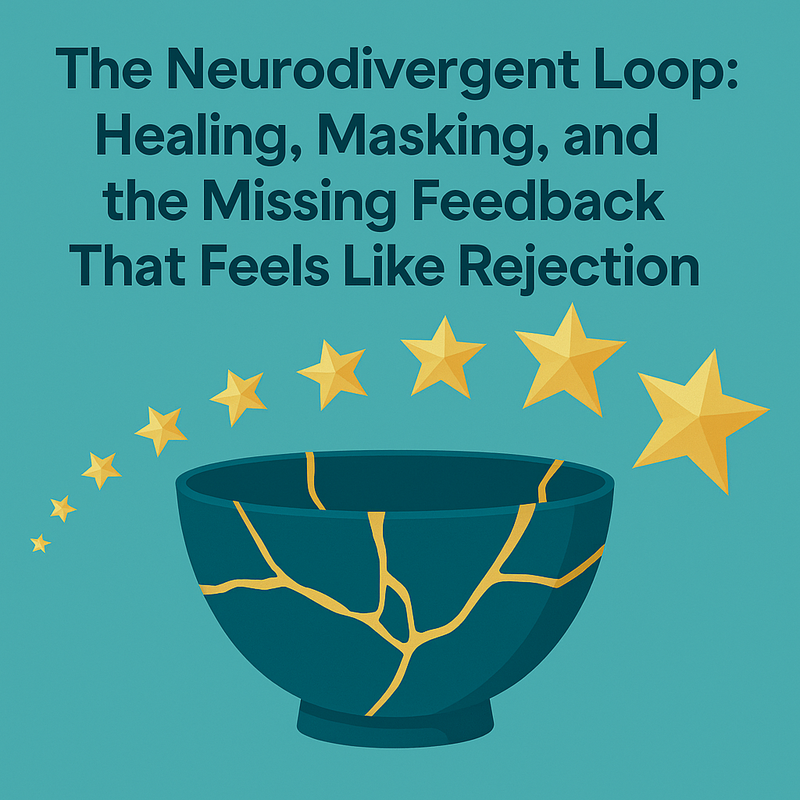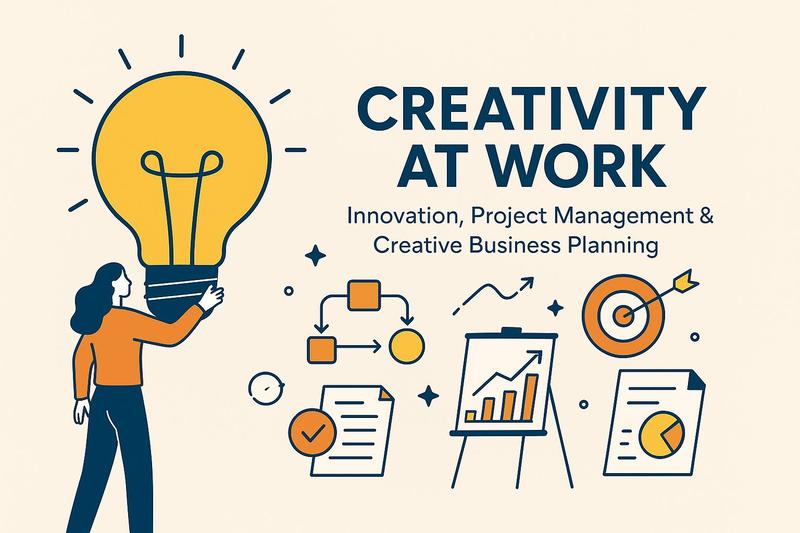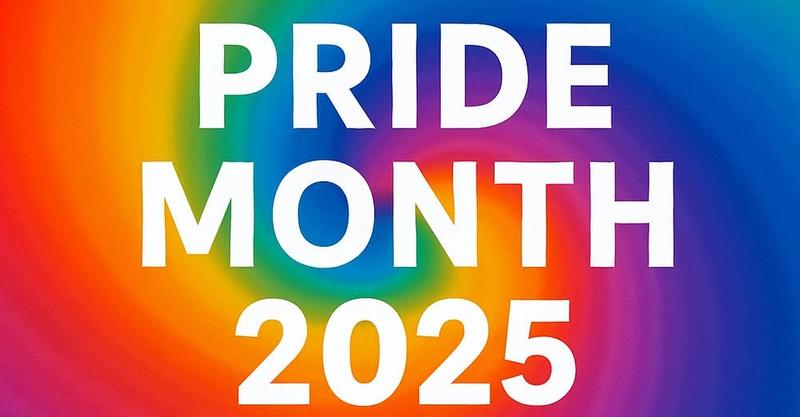
What if the Feedback isn't the Only Problem
I didn’t expect a performance review to unravel me.
But when the document arrived—fully written, never discussed, and delivered the day before the conversation—I spiraled. I brought it to therapy. I analyzed every word. I stayed up nights wondering what I missed.
That’s when I learned about Rejection Sensitive Dysphoria.
It wasn’t the feedback itself that hurt the most. It was how it was delivered.
This post is about what I wish had been done differently—and what I now know about giving feedback that supports, not scars.
But when the document arrived—fully written, never discussed, and delivered the day before the conversation—I spiraled. I brought it to therapy. I analyzed every word. I stayed up nights wondering what I missed.
That’s when I learned about Rejection Sensitive Dysphoria.
It wasn’t the feedback itself that hurt the most. It was how it was delivered.
This post is about what I wish had been done differently—and what I now know about giving feedback that supports, not scars.









